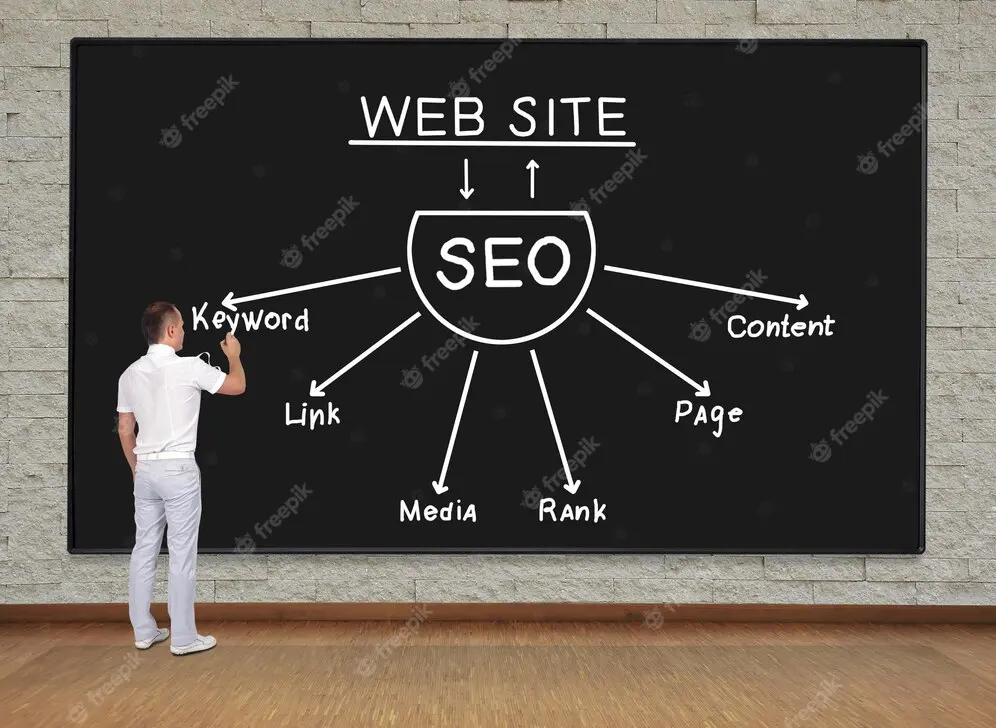Google website promotion remains a key challenge for online business owners and marketers. Meanwhile, the ever-changing search engine algorithm requires SEO specialists to constantly adapt and adjust their promotion strategies. In this article, we'll cover the key tips and strategies for Google website promotion in 2023.
What should a website be like for promotion?
Several methods are used to promote a website in Google search, one of which is contextual advertising. However, to successfully attract the target audience and increase conversion, the website must meet a number of requirements.
The first and most important search requirement for promotion is expertiseIt's important for a website to contain information that's useful and interesting to users. For example, if a website sells products, it should include detailed descriptions and specifications, as well as helpful tips on how to use them. It's also important to keep the information on the website current and update it regularly.
The second search requirement for promotion is qualityThe website must comply with modern design and programming standards, have a user-friendly interface, load pages quickly, and be responsive to various devices. It's also important to pay attention to the quality of the website's content, ensuring it is unique, informative, and easy to read.
The third search requirement for promotion is relevanceThe website must be constantly updated, and the information on it must be relevant and useful to the target audience. It is also important to monitor the website's performance, technical condition, and security.
The fourth search requirement for promotion is adaptabilityThe website must be adapted to various devices, such as mobile phones, tablets, desktop computers, etc.
This is important because most users today use mobile devices to browse websites.
Considering all these search requirements, we can conclude that to successfully promote a website using contextual advertising on Google, it is necessary to create a website that is expert, high-quality, relevant, and responsive. Such a website will attract more users, increase conversions, and generate high sales, meaning it will rise in search results.
Tips and recommendations
Quality content
Creating high-quality content remains one of the most important factors for website promotion in GoogleIt's important that content is unique, informative, useful, and relevant to user needs. It's important to focus not only on text but also on graphics, videos, and other content formats that will help attract more attention to the website.
Improving user experience
Google is increasingly paying attention to how users interact with websites and is focusing on improving the user experience. This requires ensuring fast loading times, easy navigation, responsive design, and other factors that will make the user experience as seamless as possible.
Mobile optimization
Every year, the number of users using mobile devices to search for information increases. Therefore, mobile optimization is becoming increasingly important for website ranking in Google. It's essential to ensure your website displays correctly on different mobile devices, has a responsive design, and loads quickly.
Google website promotion in Tashkent in 2023, as elsewhere, will require taking into account current trends and adapting to changing search engine algorithms. Here are some tips and recommendations:
Local SEO using keywordsLet's say you own a restaurant in Tashkent that specializes in Uzbek cuisine. In this case, keywords like "Uzbek restaurant in Tashkent" or "best pilaf in Tashkent" should be included in your website content.
Mobile optimization tailored to local habits: Knowing that many Tashkent residents prefer to use mobile devices to search for local establishments, make sure your website is fully mobile-friendly to ensure a convenient experience for mobile users.
Local reviews and social signalsActively work to attract reviews from satisfied customers on your Google My Business page and social media. These reviews can attract more local customers and improve your search rankings.
Updating informationIf your restaurant in Tashkent changes its opening hours or menu seasonally, be sure to update this information on your website and social media profiles. This will help avoid misunderstandings and improve the customer experience.
Accounting for local events and holidaysIf your business revolves around seasonal events or holidays, highlight them in your content and advertising campaigns. For example, if you run a gift shop, prepare for sales around New Year, Nowruz, and other traditional holidays.
These examples demonstrate how to take into account the specifics of Tashkent and local nuances when promoting your website. Successful website promotion in Tashkent requires flexibility and adaptation to the needs of the local audience.

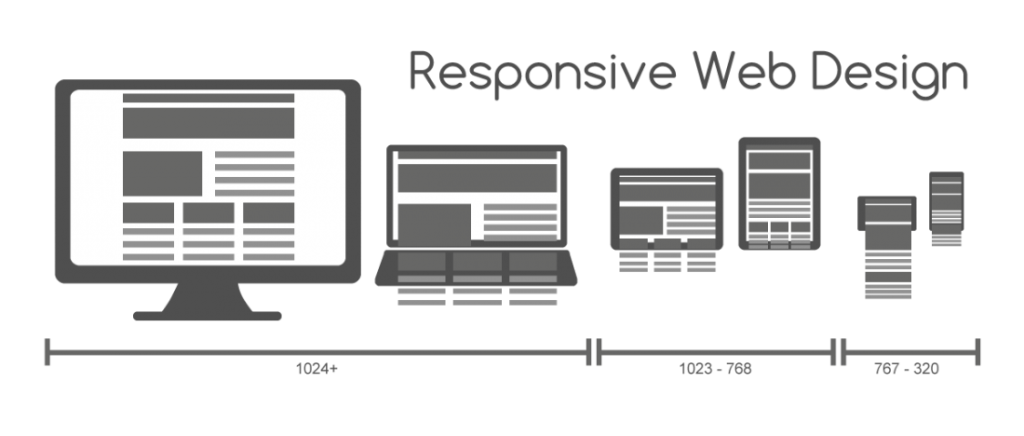
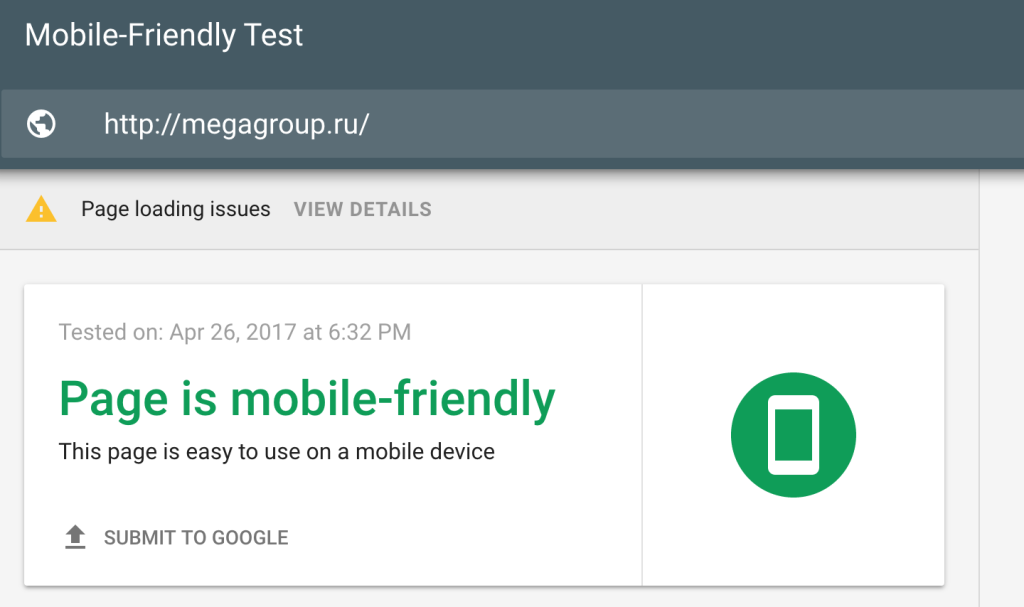
Search Engine Optimization and Social Media
Social media is becoming an increasingly important channel for website promotion on Google. It's important to have active social media profiles, which will help promote your website, raise its search rankings, and thereby attract your target audience. Furthermore, being active on social media can help improve your brand reputation and increase the overall number of links to your website.
Content optimization
Content has always been and remains a key factor in website promotion in Google. This fact remains unchanged in 2023. However, there are a number of changes that are important to consider. First, focus on the keywords and queries you'll use to optimize your content. It's important to remember that content must be natural and easy to read, otherwise Google may consider it spam.
Next, it's important to pay attention to content diversity. In addition to text articles, you should include videos, images, graphs, tables, and other formats. This increases user engagement and can also improve your website's search rankings.
Additionally, pay attention to content length. In 2023, content length plays a major role in optimization. Articles with more than 1,500 words have a higher chance of ranking high in search results.
Using a data markup schema
Data markup is a way to help search engines better understand your website's content. This can include information about products, services, locations, reviews, and more.
Using data markup can increase your chances of appearing in featured snippets and answer boxes in search results. It can also improve your site's visibility on Google Maps, thereby promoting it.
Creating high-quality backlinks
High-quality backlinks are links to your website from other websites. They help increase your website's authority in the eyes of search engines. However, not all backlinks are created equal.
High-quality backlinks should be natural and located on high-authority sites. It's important to remember that link quality is more important than quantity.
Keyword research
To successfully promote a website on Google using contextual advertising, it is necessary to clearly define the goals and objectives of this type of promotion.
Before launching a search advertising campaign, you need to define your target audience—those people who might be interested in the product or service you offer. This will help you determine the keywords you'll use in your search campaign. Furthermore, you can segment your target audience, which will also be useful for developing your promotion strategy.
Contextual advertising is an effective tool for search engine optimization on Google. It allows you to attract a target audience to your website based on keywords users enter into the search engine. However, for contextual advertising to be successful, it's necessary to carefully consider the keywords used for website promotion.
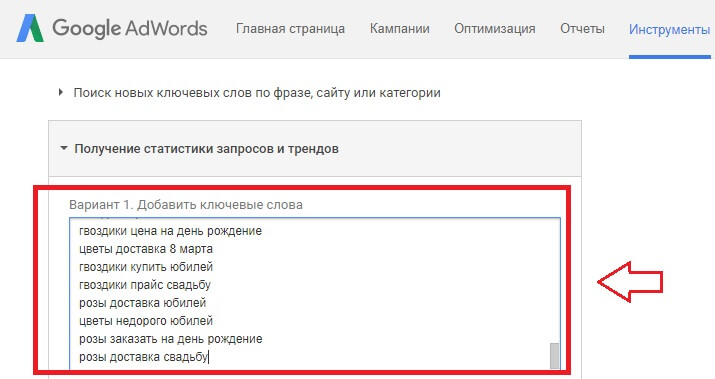
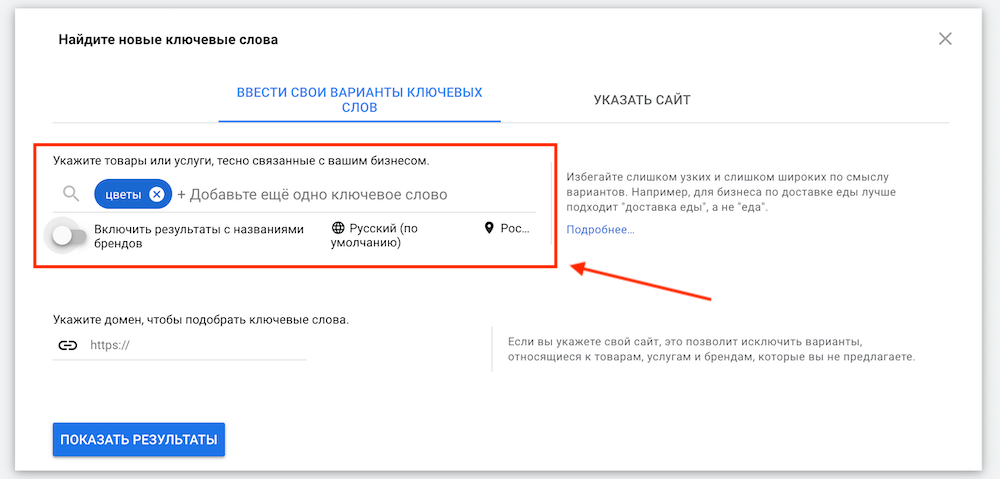
Promotion strategy
Step 1: Keyword Selection
The first and most important step is keyword selection. This requires conducting market research, identifying competitors, studying their websites, and determining which keywords they use for promotion. It's also important to understand the search queries potential customers are entering and, based on this, create a keyword list. It's important to remember that the keywords chosen should be relevant to the website's topic and reflect its core products and services.
You can use various tools for keyword research, such as Google Keyword Planner, SEMrush, Ahrefs, and others. They provide information on how many times a month certain terms are searched for and what the competition is for them. This information will help you choose the most effective keywords for your advertising campaign.
Step 2: Grouping Keyword(s)
Once keywords have been selected, they need to be grouped. Groups should be logically related and reflect the main categories of products or services. This will help simplify the ad creation process and improve the effectiveness of your advertising campaign.
Step 3: Create Ads
Creating ads is the next step in contextual advertising promotion. It's important that ads are informative and engaging to users. They should contain keywords and clearly highlight the key benefits of your products or services. It's also important to ensure that ads and keywords are consistent.
Step 4: Determine Keyword Bids
To ensure effective advertising, you need to set keyword bids. The higher the bid, the greater your chances of appearing on the first page of search results. However, be careful not to set bids too high, as this can lead to overpaying for clicks.
Step 5: Writing Ads
Once you've compiled a list of keywords and prepared a list of negative keywords, the next step is writing your ad copy. It's important that the ad copy is engaging and enticing to potential customers. Ads should highlight what you offer and why it's better than your competitors. Also, be sure to highlight the value of your product or service.
Additionally, you need to determine which ad type will work best for your campaign. There are several types of contextual advertising ads, including text, image, and video ads. Text ads are the most common ad type and consist of a headline, description, and a link to a page on your website. Image ads, on the other hand, use images or graphics to attract customers' attention. Video ads allow you to create short videos that can help increase conversions.
Step 6: Develop a promotion strategy
Based on the obtained data on the target audience and segmentation, a promotion strategy can be developed using contextual advertising. The key steps here will be selecting keywords and creating ads.
Keywords are words or phrases that help potential customers find your website in search engines. They should be as specific as possible and match what the user is searching for. For example, if you sell women's shoes, your keywords might be "buy women's shoes," "women's boots," "high heels," etc.
Step 7: Evaluate Performance
Evaluating the effectiveness of contextual advertising is the last but not least important step in promoting your website on Google. To do this, you need to set goals and metrics you want to achieve through advertising, such as increasing the number of visitors to your website, increasing conversions, or increasing sales. To track results, you can use specialized analytics tools such as Google Analytics or Yandex.Metrica.

EAT and EEAT formula
Google is more than just a search engine; it's also a company that strives to provide users with the most accurate and useful content possible. In this context, Google developed the concept of "EAT," which forms the basis of its search engine ranking algorithm.
What is EAT?
EAT is an abbreviation for:
Expertise (expertise),
Authority
Trustworthiness (trustworthiness).
These three factors are key for Google when evaluating the quality of content and websites. In other words, the higher the level of expertise, authority, and trustworthiness of a website, the higher it ranks in search results.
EAT was introduced by Google in 2018 as part of a search engine algorithm update called the Medic Update. This update was aimed at improving the ranking of websites discussing medical issues, as well as enhancing the quality of their content.
To provide users with the most accurate and useful information, Google has begun to focus on who creates the content and how it was created.
Expertise (expertise)
Expertise is the ability to create high-quality content based on the author's knowledge, experience, and qualifications. Experts typically hold academic degrees, experience in the relevant field, or other relevant qualifications.
Google recognizes experts as content creators who create the most valuable and useful materials for users. Consequently, websites that feature expert content rank higher in search results.
Authority
Authority is a measure of how important and respected a content creator is. Google uses various factors to determine a website's authority, such as the number of links pointing to the site, its age, the size and quality of its audience, and so on.
In other words, a website's authority is what helps it stand out in search results and attract more potential customers.
Trustworthiness (trust)
TOGoogle also recommends ensuring your site doesn't contain content that could cause users to distrust you. This could include content that is fraudulent, contains fraudulent links, or contains false information.
Another important aspect is a website's compliance with security and privacy standards. Google believes that sites that don't meet these standards can harm the user experience and reduce user trust.
Finally, Google recommends creating websites that are high-quality and reputable. This may include ensuring fast page loading, excellent design, and useful, easy-to-understand content.
Overall, EAT is an important aspect of any website that wants to rank well in Google search results. It emphasizes the need to create high-quality and useful content, as well as adhere to high security and privacy standards. Websites that successfully meet these requirements will have a better chance of SEO success.
In 2023, Google expanded the well-known E-A-T formula with another component, which they called "experience." Thus, the formula for SEO success, according to Google, now looks like this:
EEAT:
experience,
expertise (expertise),
authority
trustworthiness.
To create expert content, you need to not only have experience, but also confirm it on your author page.
Content quality is a key factor in website ranking in search results. It's crucial that keywords and phrases are seamlessly integrated into the text. Search engines are constantly improving their algorithms to identify content that is relevant to user queries and SEO-friendly.
It's important to remember that articles are intended for people, not search engines. To build trust with users, it's essential to provide arguments and evidence in the text. Yandex, like Google, takes expertise and authority into account when ranking pages.

Neural networks
Neural networks can now create not only images and magazine covers but also text. Some New York City schoolchildren are currently using the chatbot ChatGPT to write essays, but the Department of Education has blocked access to this tool because it makes it difficult to distinguish between human and artificial writing.
Here are some ways in which neural networks can be used to promote websites:
Data analysisNeural networks can help analyze large volumes of user behavior data on a website, allowing for patterns to be identified and which pages or content are most popular among Tashkent audiences.
Personalized contentUsing AI to create personalized content can increase user engagement and retention. This is especially important for taking into account the preferences and needs of local audiences.
Automation of SEO tasksNeural networks can be used to automate certain SEO tasks, such as competitor analysis, monitoring search engine rankings, and generating content optimization recommendations.
Forecasting trendsUsing data analysis and neural networks, we can predict trends and changes in user behavior in Tashkent, which helps us tailor our website promotion strategy.
Neural networks are also used in media, where they can generate headlines and entire articles. For example, between November 2022 and November 2022, CNET used artificial intelligence to write 73 articles on financial topics, such as how to pay off a credit card balance. But can you use such content on your website for SEO?
Google will likely soon develop filters to detect artificial intelligence and differentiate such content from human-created content. Therefore, the use of neural networks is not recommended, and it's better to focus on expert content created by real people.

Conclusion
In conclusion, website promotion on Google in 2023 in Tashkent requires careful analysis and understanding of search engine requirements. Follow these tips and recommendations to improve your website's ranking and attract more potential customers in the capital of Uzbekistan.





